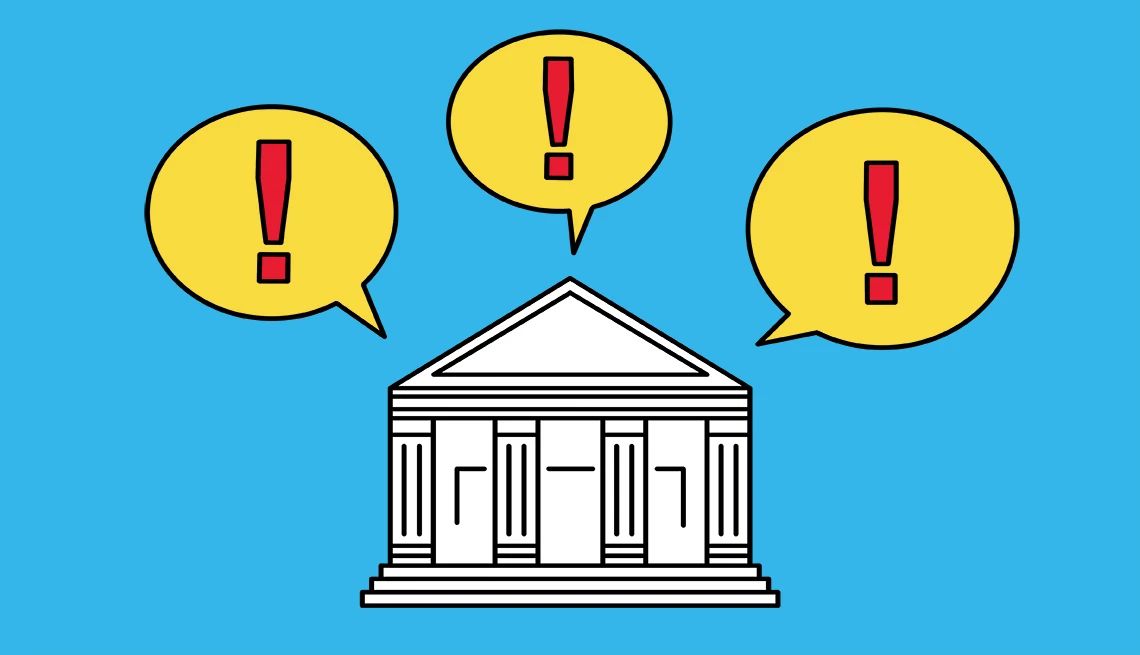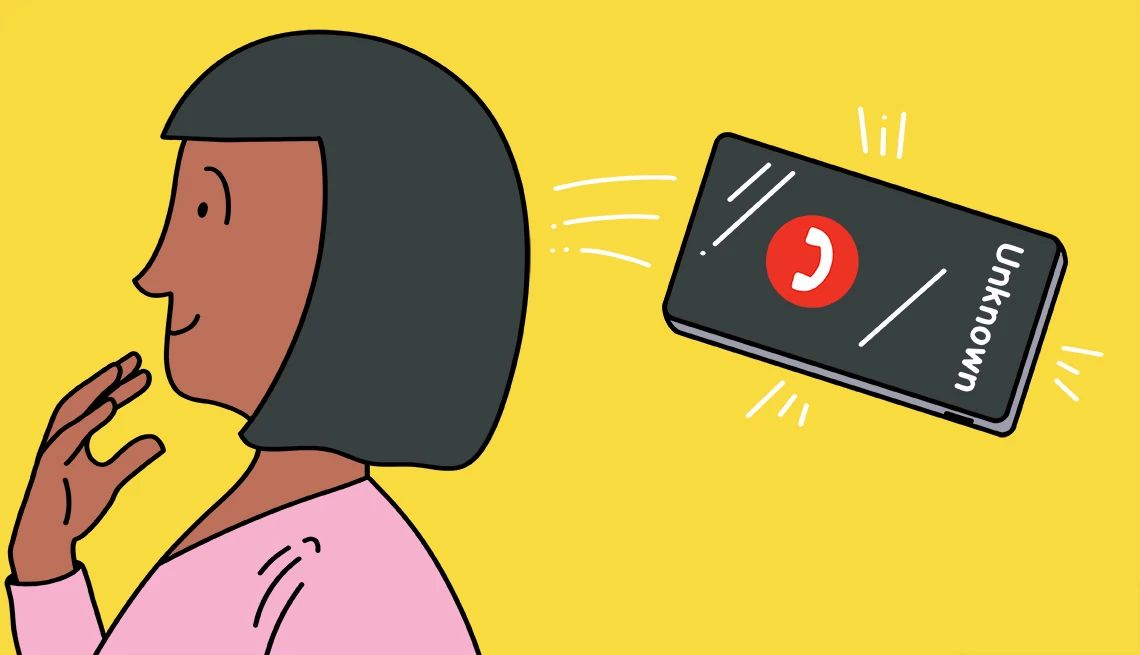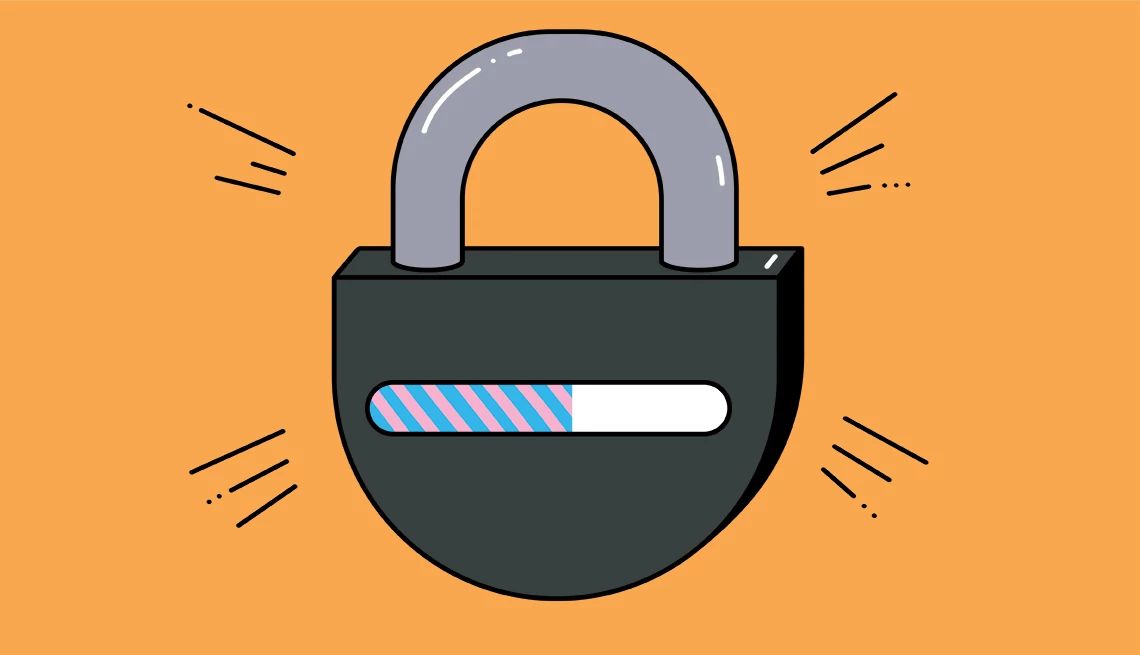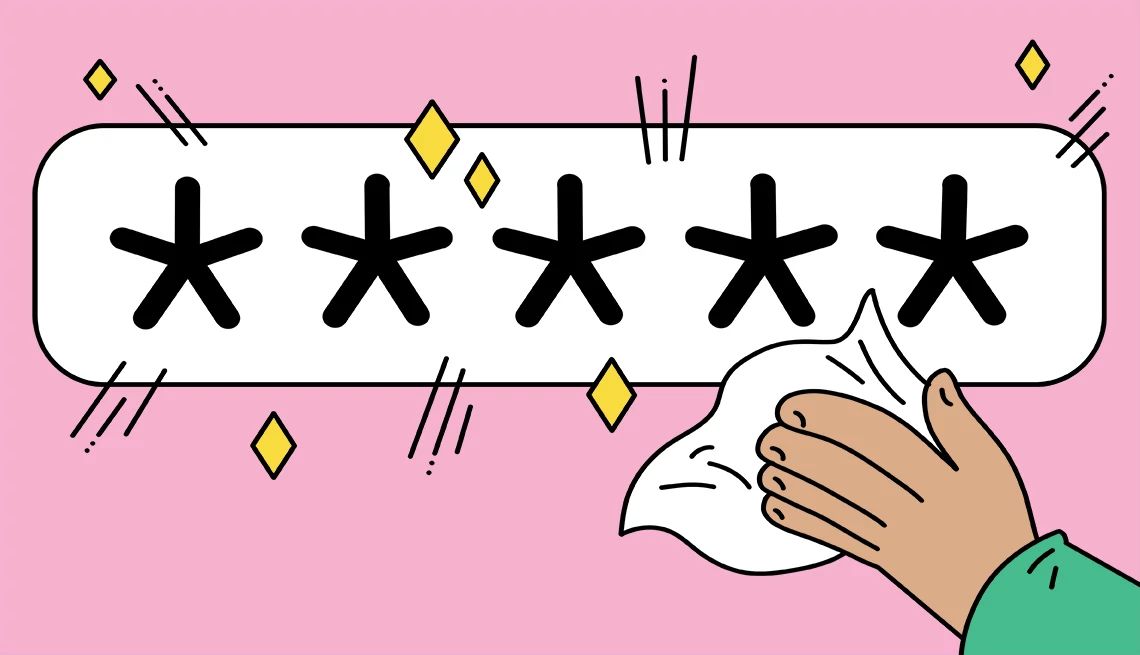AARP Hearing Center


With age comes wisdom. But even the wisest among us have become victims of scams, which are epidemic — and growing in sophistication with the help of rapidly advancing tech tools. The FBI’s Internet Crime Complaint Center received 101,068 reports from people age 60 and over in 2023, and they’d lost more than $3.4 billion to online criminals. Those figures don’t reflect the enormity of the scourge, however: Of the more than 880,000 complaints the FBI received in 2023, only about half included age-related data. And fraud is a notoriously underreported crime.
But there are practical steps that can lower your risk. Here are 25 of the most effective things you can do.
1. Accept your vulnerability
The first step toward protecting yourself is admitting that you’re vulnerable, regardless of your age, gender, race, income, education or intelligence. “The No. 1 thing — and there’s nothing that comes close to this — is to understand that you’re not too smart to fall prey to a scam,” says Joseph Steinberg, a cybersecurity lecturer at Columbia University and author of Cybersecurity for Dummies. “There are many people who believe, ‘I could never be scammed. I’m too sophisticated. I was a judge or a lawyer or whatever.’ That’s wrong. I’ve seen Nobel Prize winners make mistakes related to cyber scams. Literally nobody is too smart.”
2. Practice radical skepticism
Once you admit that anyone can be targeted by scammers, you can begin to mount defenses against them. To start, “set a ‘default skepticism’ stance,” suggests Maria-Kristina Hayden, founder and CEO of Outfoxm, a cyber hygiene and resiliency company. “Be suspicious of digital messages, phone calls or even snail mail from strangers,” she says. “Whenever you’re asked for money or personal information, pause and ask yourself, ‘Does this make sense?’ ” suggests Jason Zirkle, training director at the Association of Certified Fraud Examiners. “Would your bank normally contact you this way? If it doesn’t feel right, stop communication immediately.”
3. Pause and think
Scammers are skilled manipulators of their targets’ emotions. If you find yourself growing anxious or upset by someone who’s contacted you out of the blue, that’s a red flag. “Real customer service representatives at banks, tech companies and government agencies are trained to put you at ease, not rile you up,” says Marti DeLiema, an assistant professor at the University of Minnesota who studies financial scams and older adults. “Criminals are trying to make you feel anxious because strong emotions overwhelm your ability to make rational decisions.” The FBI recently began a “Take a Beat” scam-awareness campaign, urging the public to “resist pressure to act quickly, pause for a moment, and assess the situation.”
4. Be suspicious of secrecy
If someone you don’t know well tells you not to tell anyone about your interaction with them, it’s a good sign that you should tell someone. “Scams thrive on privacy and confidentiality,” DeLiema says. “The criminals know that the minute you tell someone what is going on, that person will recognize it’s a scam and will intervene.” Because criminals rely on privacy, an early indicator of suspicious activity is requesting to move a conversation from a traditional channel such as phone, email or text to a nontraditional channel like WhatsApp. “Scammers often try to move conversations to less-monitored platforms, making it easier to control the narrative and avoid detection,” Zirkle says. “Keep communication within official channels, especially with companies or service providers.”


5. Set up bank alerts
Regularly check your bank accounts and credit card statements to make sure that all transactions are legitimate. Although it won’t prevent fraud, it can help you spot it early so you can mitigate the damage, notes Zirkle, who recommends setting up online alerts with your bank.
6. Be informed
When it comes to fraud, knowledge is power. “Educate yourself about threats,” Hayden advises. “Read headlines about scams and fraud. ... We can’t be prepared if we don’t understand what’s out there.” Also, learn about new and emerging technologies, suggests geriatric neuropsychologist Peter Lichtenberg, past director of the Institute of Gerontology at Wayne State University: “Scammers keep changing how they do things, so we have to stay vigilant.” You can keep up with the latest scams and technology by engaging with the AARP Fraud Watch Network and AARP’s Personal Technology Resource Center, reading public service announcements from the FBI’s IC3, and signing up to receive alerts from the Federal Trade Commission.
7. Don’t pay for anything in gift cards, cryptocurrency or gold
It’s best to pay with a credit card, which can protect you from all sorts of scams — including gift card scams. “Criminals prefer untraceable methods of payment that are hard to reverse, so they will tell targets to buy gift cards and read them the codes on the back to steal the funds,” DeLiema says. Other preferred payment vehicles for scammers include cryptocurrency, gold bars, prepaid debit cards and payment apps like Venmo and Zelle. If someone — especially a stranger — asks for payment or debt settlement using one of these payment methods, think twice.
8. Find a sounding board
Another way to protect yourself from scams is to build community, suggests Anthony Miyazaki, a professor of marketing at Florida International University, where he studies consumer protection. “Research has shown that negative well-being and lack of social support are correlates of scam susceptibility,” he says. “It’s worthwhile to bolster your social support group, whether it’s through community groups, churches, volunteer work or part-time jobs.” And it’s a good idea to have at least one person who can help you identify potential scams by being a financial confidante — an objective party you can consult before making big purchases or money transfers to ensure that they’re wise and legitimate. You also can call the toll-free AARP Fraud Watch Network Helpline at 877-908-3360 for advice, support and resources (available Monday through Friday, 8 a.m. to 8 p.m. ET).








































































You Might Also Like
What to Do If You've Just Been Scammed
How one woman worked quickly — with help — to avoid being charged through PayPal
Take These 7 Money Rules with a Grain of Salt
Some financial advice may sound right on the surface but could do you harm
Why I Socked Away Over $500,000 in a ‘Layoff Fund’
Building a financial cushion was a game changer. Here’s how I did it